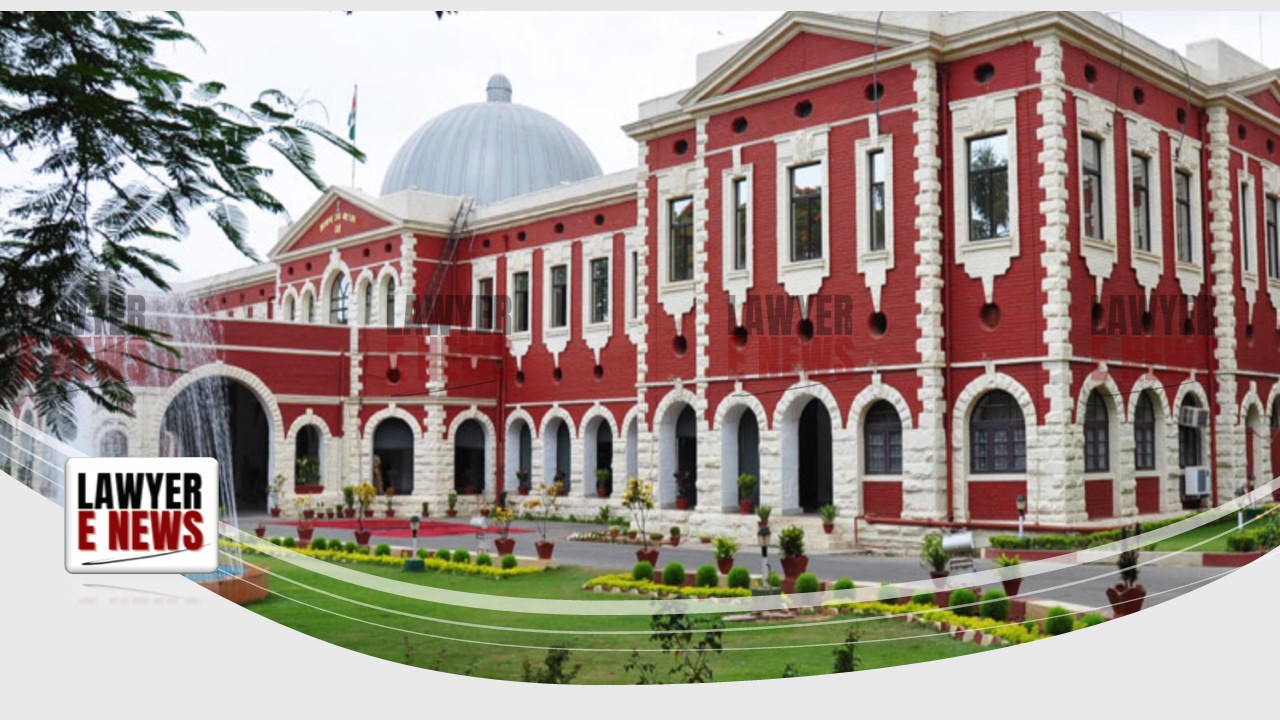-
by sayum
14 February 2026 2:22 PM



Judicial Orders Issuing Non-Bailable Warrants and Proclamations Set Aside Due to Procedural Lapses in Adityapur Case.
In a significant ruling, the High Court of Jharkhand has quashed the orders issued by the Judicial Magistrate and Additional Chief Judicial Magistrate of Seraikella-Kharsawan, which included non-bailable warrants and proclamations under Section 82 of the Cr.P.C. The court underscored the importance of adhering to procedural requirements, particularly the necessity of execution reports before escalating to non-bailable warrants.
The case revolves around Adityapur P.S. Case No. 266 of 2014, corresponding to G.R. No. 772 of 2014, involving the petitioners Prabha Singh and Rakesh Kumar Singh. On 04.12.2018, the Judicial Magistrate issued non-bailable warrants against the petitioners without receiving execution reports of previously issued bailable warrants. Additionally, on 10.05.2023, the Additional Chief Judicial Magistrate issued a proclamation under Section 82 Cr.P.C. without following due procedural requirements. The petitioners challenged these orders, seeking quashing on the grounds of procedural lapses.
Issuance of Non-Bailable Warrants Without Execution Report: The court found that the Magistrate issued non-bailable warrants against the petitioners without first receiving execution reports of previously issued bailable warrants. Justice Anil Kumar Choudhary, presiding over the bench, stated, “The learned Magistrate should have insisted on the execution report of the said bailable warrant of arrest and ought not have issued the non-bailable warrant of arrest without any execution report of the bailable warrant of arrest issued by it.”
Proclamation Under Section 82 Cr.P.C.: The petitioners also challenged the issuance of proclamation under Section 82 Cr.P.C. without satisfying mandatory statutory requirements. The High Court emphasized the need for recording satisfaction that the accused are absconding or concealing themselves to evade arrest and fixing the time and place for appearance. Justice Choudhary highlighted, “The learned Additional Chief Judicial Magistrate…has committed illegality by issuing the said proclamation under Section 82 of Cr.P.C. without complying with the mandatory requirements of law.”
The judgment elucidated the principles surrounding the issuance of non-bailable warrants and proclamations. The court reiterated that non-bailable warrants should not be issued without prior execution reports of bailable warrants. Similarly, for proclamations under Section 82 Cr.P.C., the court must record its satisfaction that the accused is evading arrest and specify the time and place for their appearance. The failure to follow these procedures amounts to a misuse of judicial power and an abuse of the process of law.
Justice Choudhary remarked, “This is a fit case where the said order…is not sustainable in law, is liable to be quashed and set aside,” and further noted the procedural lapses, stating, “The continuation of the same will amount to abuse of process of law.”
The High Court’s decision to quash the non-bailable warrants and proclamations emphasizes the judiciary’s commitment to procedural integrity and the protection of individual rights against arbitrary judicial actions. This ruling is expected to have significant implications for the issuance of warrants and proclamations, ensuring stricter adherence to procedural requirements in future cases.
Date of Decision: 15th May 2024
